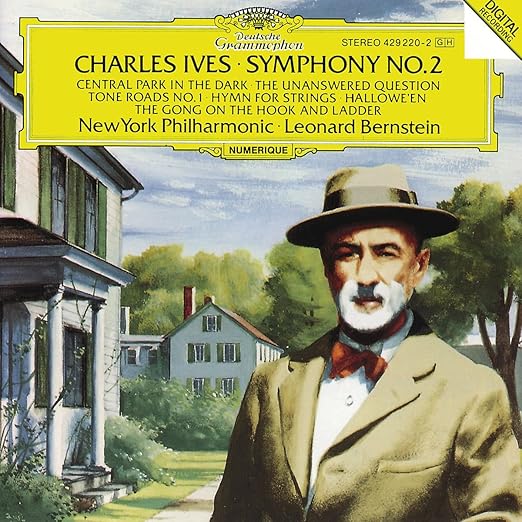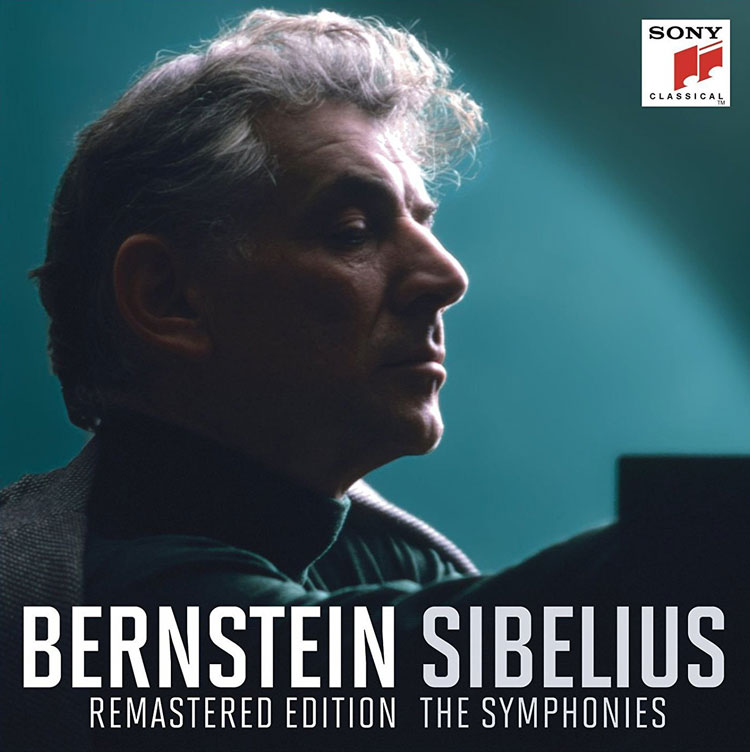
*Beecham* (RPO 1955).Of a distraught lyricism. *Beecham* (LPO 1947).Sense of rhythm.Extraordinary internal *Karajan* (1968).See above).Has it ever been done better?.I ask *Bernstein* (Vienna 1987).Equals his master Koussevitzky Then Ormandy/Sony.Ansermet/Decca.And I must forget. *Karajan* (1964).For me the best of his three *Beecham* (EMI 1937).Unbelievable tension.Highlights the incredible *Berglund* (Finnish Radio 1968).Incandescent.Granite. My favorite symphony by Sibelius.Remember that theĬomposer wrote this work knowing that he was suffering from cancer.) **Saraste* (RCA 1989).Saraste was the first to record the firstĬomplete symphonies back to the original verisons.Lyrical, bucolic Paray/Mercury.Szell/CBO.Sargent/EMI.Schmidt-Inserstedt/Odeon.
Sibelius 5 bernstein vienna how to#
Music for which Dorati did not know how to find the key ?.I do not *Dorati* (Stockhole 1967).Exciting.By the way, is there a style of *Kletzki* (Philharmonia 1959).See above.) *Barbirolli* (RPO 1963).Lyrical and visionary, as in his complete EMI *Beecham* (Live EMI 1954).Some consider this recording as an absolute *Monteux*.What a pity that my favorite conductor only recorded thisĢnd symphony !.It is a complete ecstasy.Decca sound recording of *Garagily* (Dresden 1971 Berlin Classic).Very great Danish conductorĬompletely unnoticed in his time.Granite vision, high in colors.Toīut let's not forget (EMI).Jalas. Orchestral splendor.Another completely and scandalously forgotten

*Bernstein*/Vienna (DG 1989).Absolutely flamboyant and *Barbirolli*.The simply ideal complete set.For me the mostĭavis/Boston.Berglund/Bournemouth.Berglund/. *Sanderling* (1971-9 Berlin Classic).Granite, angular as can be.Too Impact.Formidable rhythmic presence.Innervated phrasing.A *Bernstein* (Sony 1961-7 NYPO).No weaknesses.Stunning dramatic

Which means that there are no real failures in the multitude And like all masterpieces, it deserves many different Classics in every sense of the word, these two performances deserve an honored place in even the most minuscule collection of music by either composer.The corpus of Sibelius' 7 symphonies is, as we know here, a true In fact, the engineering on display here compares favorably with today’s best. Sonically, this remastering sounds exactly the same as the “Early Years” two-disc set containing all of Szell’s Concertgebouw recordings for Philips (also available from Musical Heritage Society), which is to say it’s noticeably better than the overly dry, “CEDAR-ized” first CD issue. Frankly, no other even approaches Szell’s knockout combination of discipline and excitement, though some (such as Barbirolli’s on Chesky or Bernstein’s on Sony) offer a marginally greater sense of spontaneity, albeit with markedly less spectacular playing. Once again, there is a live rendition (with Cleveland made on tour in Tokyo) that arguably surpasses this one in some respects, but at present it’s only available on a limited basis from Japanese Sony, and hearing this dazzling recording, with it’s warmly glowing strings, perfectly judged first movement climax, jaggedly brilliant brass in the second movement, sizzling scherzo, and effortlessly grand finale, it’s easy to forget all about any other performance you might have heard or currently own. Szell’s Sibelius Second has stood as a reference edition of the score since the day the recording was made. Talk about an embarrassment of riches! It’s really pointless to dwell on minute variations in interpretation or playing: all three recordings represent a surpassingly high level of achievement, from the taught opening and generously “con moto” Andante, right through the grim scherzo to the explosive finale. George Szell’s Beethoven Fifth exists in three versions: this one another with the Cleveland Orchestra on Sony and (finest of all) one with the Vienna Philharmonic live from the Salzburg Festival on Orfeo. The excellence of these two famous performances hasn’t diminished a bit over time.


 0 kommentar(er)
0 kommentar(er)
